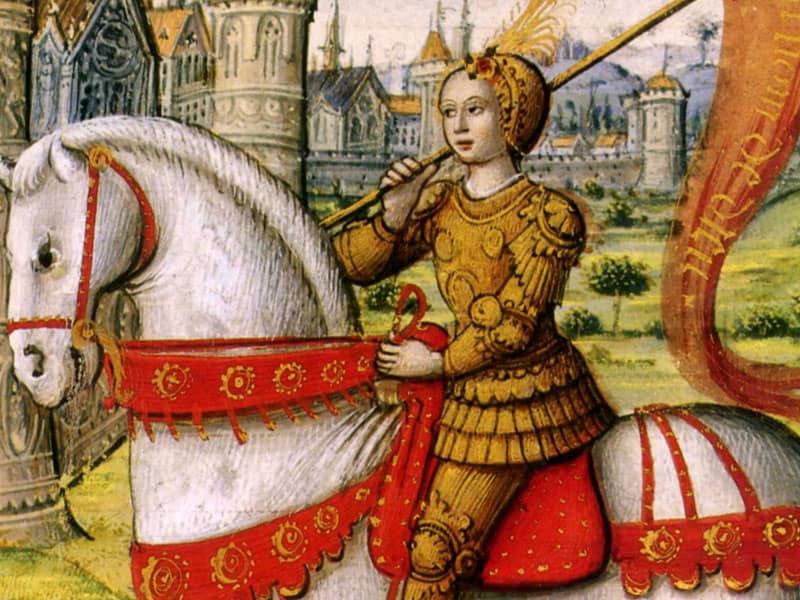Born in Asia Minor in 130 A.D., Irenaeus was educated in Smyrna where he learned the Christian faith from Polycarp. Polycarp was a friend of John, the beloved disciple, the author of the Gospel that bears his name.
He learned it from the One who proclaimed, lived, and—Himself—was the Good News—Jesus Christ. Polycarp sent his young disciple on a missionary journey to Lyons, France, to spread the same message of Love Incarnate.
He was later ordained to the priesthood under the Bishop of Lyons, St. Pothinus, and became one of the founders of the Church in that country. He succeeded Pothinus as Bishop in 178.
Filled with fervor for the full faith handed down from the Apostles, Irenaeus vigorously defended it against the early aberrations of the Gnostics (who warped the message into a hidden secret for only a few); and the Montanists (who disdained the body and totally misunderstood the implications of the Word becoming flesh).
His most famous work, preserved to this day, is his Treatise Against Heresies. The arguments contained in this masterpiece are still being made by the Church he served as She faces efforts to undermine and obscure the full promise of the Christian faith—the total transformation of humanity in Jesus Christ.
This great defender of the faith insisted on the central claim of Christianity: God can be known and loved—indeed, that is why He came into our midst in the person of His Son; that through that relationship, man participates in the very life of God and is literally transformed.
He would write: “The glory of God gives life; those who see God receive life. For this reason, God—who cannot be grasped, comprehended, or seen—allows Himself to be seen, comprehended, and grasped by men, that He may give life to those who see and receive Him. It is impossible to live without life, and the actualization of life comes from participation in God, while participation in God is to see God and enjoy His goodness.”
This marvelous truth is the heart of the Incarnation, the central doctrine of the Christian faith. Jesus Christ both fully reveals who God is to man, and who man is to become in God. The words of the Fathers of the Second Vatican Council, the latest ecumenical council of the Church Irenaeus served, underscore the profundity of this great truth:
“In reality, it is only in the mystery of the Word made flesh that the mystery of man truly becomes clear. For Adam, the first man, was a type of Him who was to come, Christ the Lord, Christ the new Adam, in the very revelation of the mystery of the Father and of His love, reveals man to himself and brings to light His most high calling” (Church in the Modern World, n. 22)
The men and women of Irenaeus’ time had a difficult time grasping this profound truth. Yet—against extraordinary opposition—he defended, embodied, and witnessed this truth; bearing as his final witness the shedding of His blood in the year 200 A.D.
Not only can all men and women know God, but all men and women were created to be transformed in Him through His Son. That message shook the world of the Apostolic age, and literally transformed it from within.
There are many who believe that this very same message will transform the world that Christians face in the Third Christian Millennium. I am numbered among them.
The heart of the message has not changed, and it alone can melt and refashion the hardened hearts of this post modernist or better yet, “neo-pagan” age. This transformation will lead to a rediscovery of the only true and authentic “humanism,” Christianity.
To an age still seeking good news, we are now called, as was Irenaeus, to "pass it on". That way the Incarnation will continue through the words we speak and the way we live.

